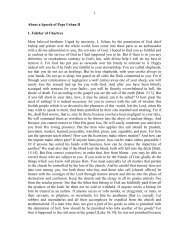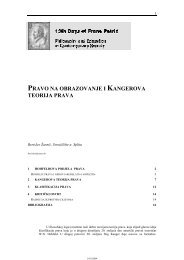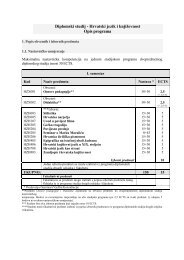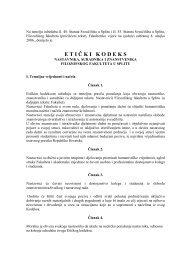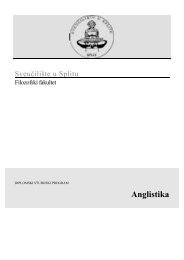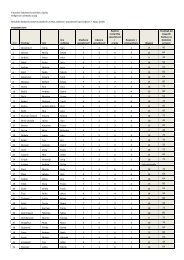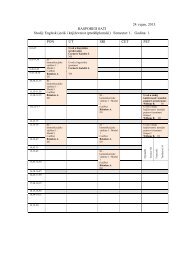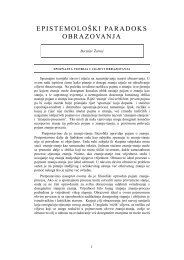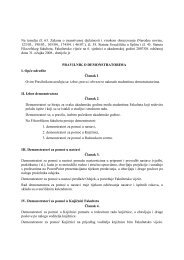Understanding Human Communication
Understanding Human Communication
Understanding Human Communication
Create successful ePaper yourself
Turn your PDF publications into a flip-book with our unique Google optimized e-Paper software.
TABLE 9-3 Methods for Acquiring Power in Small Groups<br />
What Makes Leaders Effective?<br />
Even though power is distributed among members of a group, it is still important<br />
to explore the special role played by the nominal leader.In the next few pages<br />
we will describe the communication-related factors that contribute to leader<br />
effectiveness.<br />
CHAPTER 9 SOLVING PROBLEMS IN GROUPS 311<br />
Power isn’t the only goal to seek in a group. Sometimes being a follower is a comfortable and legitimate role to play. But when you<br />
do seek power, the following methods outline specific ways to shape the way others behave and the decisions they make.<br />
Legitimate Authority<br />
1. Become an authority figure. If possible, get yourself appointed or elected to a position of leadership. Do<br />
so by following Steps 2–5.<br />
2. Speak up without dominating others. Power comes from visibility, but don’t antagonize others by shutting<br />
them out.<br />
3. Demonstrate competence on the subject. Enhance legitimate authority by demonstrating information<br />
and expertise power.<br />
4. Follow group norms. Show that you respect the group’s customs.<br />
5. Gain support of other members. Don’t try to carve out authority on your own. Gain the visible support<br />
of other influential members.<br />
Information Power<br />
1. Provide useful but scarce or restricted information. Show others that you possess information that isn’t<br />
available elsewhere.<br />
2. Be certain the information is accurate. One piece of mistaken information can waste the group’s time,<br />
lead to bad decisions, and destroy your credibility. Check your facts before speaking up.<br />
Expert Power<br />
1. Make sure members are aware of your qualifications. Let others know that you have expertise in the<br />
area being discussed.<br />
2. Don’t act superior. You will squander your authority if you imply your expertise makes you superior to<br />
others. Use your knowledge for the good of the group, not ego building.<br />
Reward and Coercive Power<br />
1. Try to use rewards as a first resort and punishment as a last resort. People respond better to pleasant<br />
consequences than unpleasant ones, so take a positive approach first.<br />
2. Make rewards and punishments clear in advance. Let people know your expectations and their<br />
consequences. Don’t surprise them.<br />
3. Be generous with praise. Let others know that you recognize their desirable behavior.<br />
Referent Power<br />
1. Enhance your attractiveness to group members. Do whatever you can to gain the liking and respect of<br />
other members without compromising your principles.<br />
2. Learn effective presentation skills. Present your ideas clearly and effectively in order to boost your<br />
credibility.<br />
Adapted from J. Dan Rothwell, In Mixed Company: Small Group <strong>Communication</strong>, 3rd ed. (Fort Worth,TX: Harcourt Brace, 1998), pp. 252–272.<br />
Reprinted with permission of Wadsworth, an imprint of the Wadsworth Group, a division of Thomson Learning. Fax 800-730-2215.



